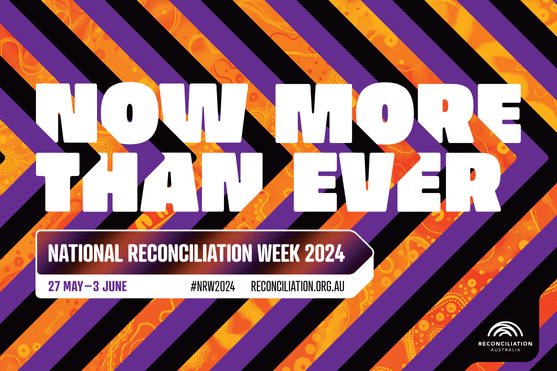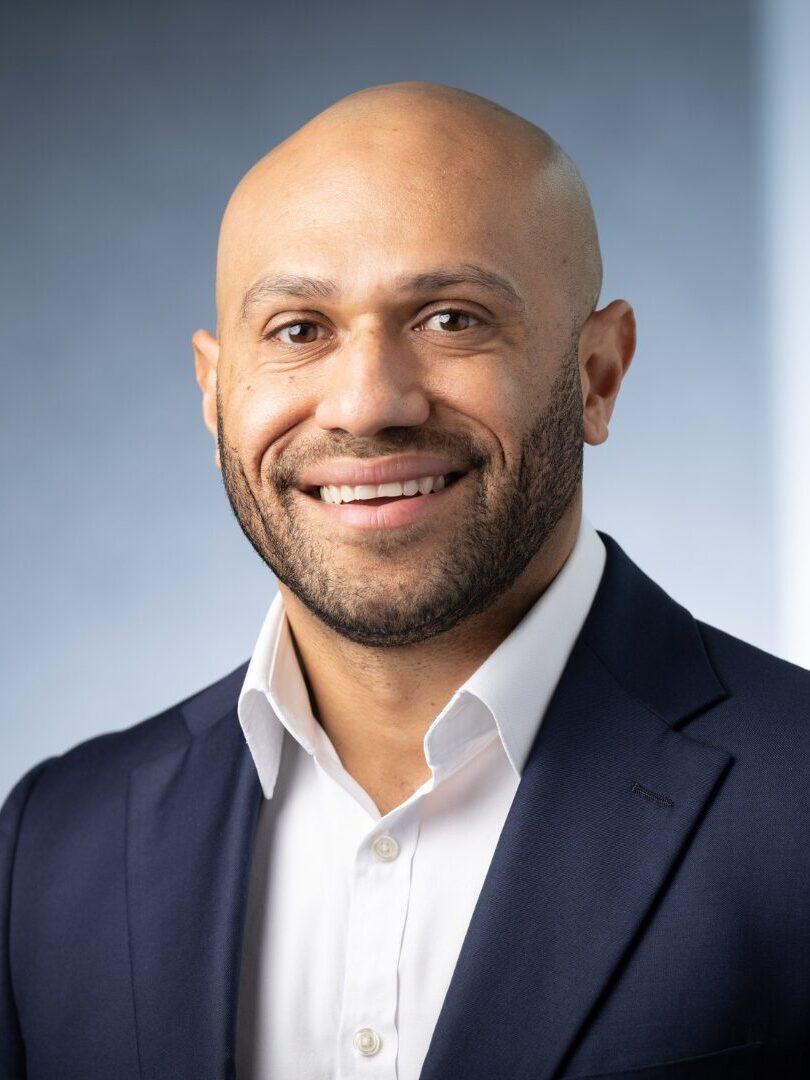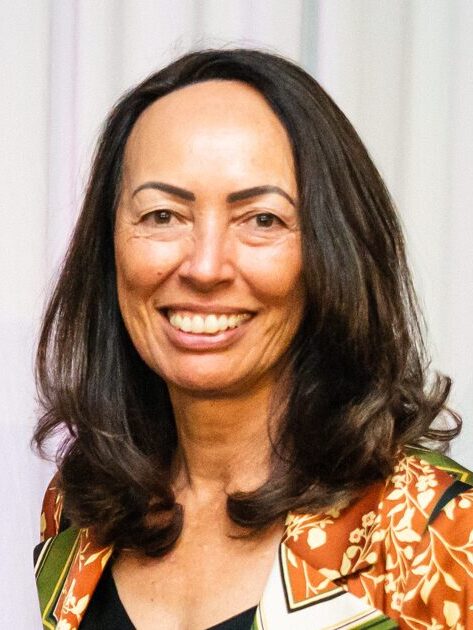First Nations leadership boosted at Philanthropy Australia

Philanthropy’s peak body has been on a journey in the past 20 years to support ‘more and better’ philanthropy for Aboriginal and Torres Strait Islander communities and organisations. As we reflect on the Reconciliation Week 2024 theme of ‘Now more than ever’, Philanthropy Australia announces its expanded First Nations Governance Committee, a Board Sub-Committee. Here, Acting Chair, Leah Armstrong, introduces its members and goals.

I would like to recognise the increasing role First Nations people are playing at a governance level at Philanthropy Australia. At the Annual General Meeting on the 22 May, I was delighted to see Torres Strait Islander and Papua New Guinea man Brian Wyborn elected to the Board.
I know Brian will bring so much to the board through his experience as Managing Partner at First Australians Capital, as well as more than 15 years of professional experience across the public and private sectors.
Along with Brian’s appointment, there has been a significant expansion to the First Nations Governance Committee – the number of members has been more than doubled.
Philanthropy Australia’s purpose is to a achieve a generous and inclusive Australia by inspiring more and better philanthropy.
The First Nations Governance Committee’s purpose is to inform and guide the Board in the implementation of this goal, particularly in the context of First Nations Peoples’ communities, but also in the wider Australian population.
Philanthropy Australia Co-Chair Lisa George and I reached out to a number of highly respected Aboriginal and Torres Strait Islander people working in philanthropy to seek their interest in joining the First Nations Governance Committee. We were delighted with the response, and I am proud to acknowledge the following people who will be helping to shape Philanthropy Australia’s reconciliation journey.
Aboriginal and Torres Strait Islander members:
- Myself as Acting Chair, “Ancestry from Boigu Island in the Torres Strait”.
- Robert Brittain, “Ballardong Noongar/Gija Man”.
- Mundanara Bayles, “Wonnarua/Gweagal/Gungalu/Wiri”.
- Stephanie Harvey (new), “Bidjara”.
- Jessica Bulger (new), “I am Wiradjuri from Tumut and Brungle”.
- Kim Collard (new), “I am Balladong/Whadjuk man of the Noongar Nation (Noongar the people of the southwest of WA)”.
- Warren Miller (new), “Wirangu, Kokatha and Mirning”.
- Michelle Steele (new), “Kamilaroi/Gomeroi Nation from Moree NSW”.
- Phil Usher (new), “My mob is Wiradjuri”.
Philanthropy Australia Board representatives
- Jon Cheung (past Philanthropy Australia board member), “Living and working on Cammeraygal country”.
- Amanda Miller OAM (Philanthropy Australia Co-Chair), “Living and working on the land of the Wurundjeri people of the Kulin Nation”.
- Stacey Thomas (Philanthropy Australia board member), “Living and working on Kaurna country”.
Two-way understanding

Now more than ever, philanthropy will benefit from this increased representation of First Nations people.
Importantly, the relationship between the First Nations committee members and the management and Board of Philanthropy Australia is circular and shares a two-way understanding. Philanthropy Australia will consult and seek the opinion and advice of this committee, but the committee will also have capacity to approach Philanthropy Australia on issues that it deems important for the organisation to address.
I wish to recognise the calibre of the membership of this group and encourage Philanthropy Australia to make full use of the skills, knowledge and expertise available.
This is a valuable opportunity to renew our commitment to the ideals that were central to Philanthropy Australia’s statement in support of a Voice to Parliament for Aboriginal and Torres Strait Islander Peoples last year. As a large majority of members indicated in Philanthropy Australia’s national survey at the time, this is a space in which there is wide and abiding ambition for change. The expanded First Nations Governance Committee is a key plank in Philanthropy Australia’s vision in this work.
Now more than ever, philanthropy will benefit from increased representation of First Nations people.
There is much to do. The organisation is coming to the end of an initial Reflect RAP and will undertake a review to plan the next steps. The First Nations Funder Network is moving to support funders who are directly distributing to Aboriginal and Torres Strait Islander led and controlled organisations, with a benchmark survey coming out soon.
And we look forward to compelling and honest conversations at Philanthropy Australia Conference 2024 on Kaurna Country in August this year.
I have no doubt that this increased involvement from Aboriginal and Torres Strait Islander people will lead to ‘more and better’ philanthropy – and underpin our continued growth as a sector.